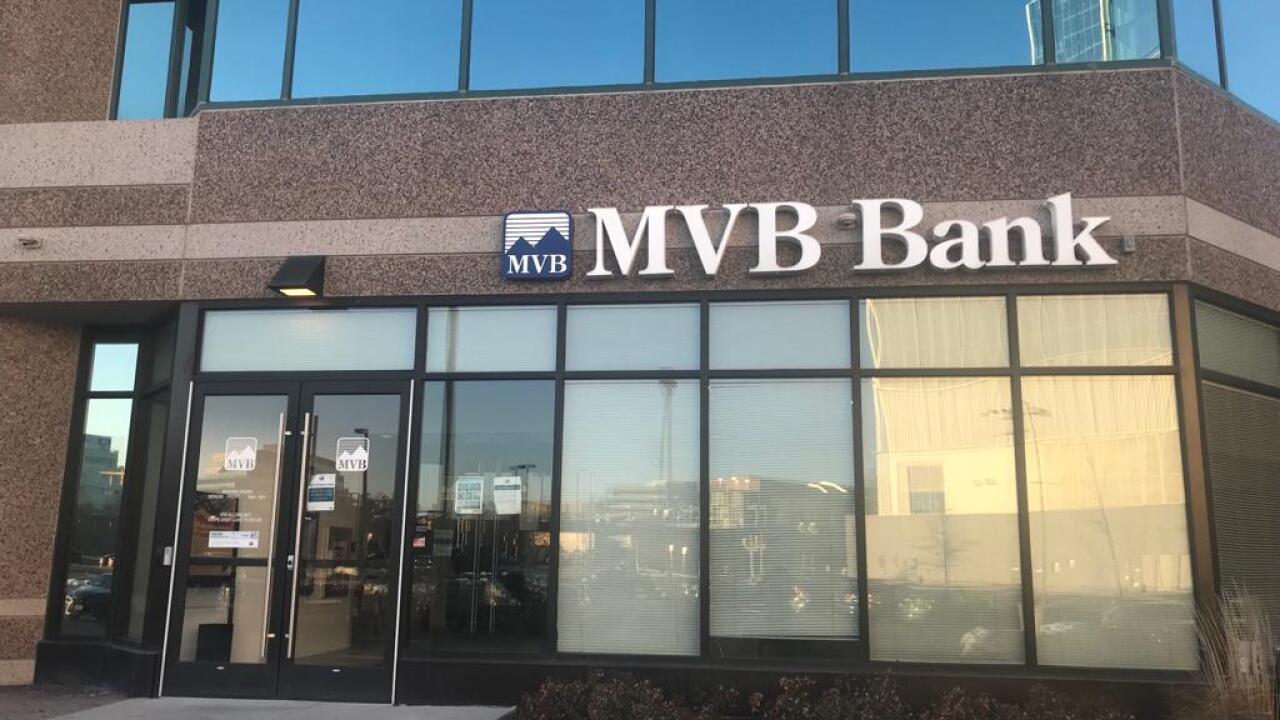Forced to choose between making a payment on their credit card, car or mortgage, more cash-strapped consumers are opting to keep their wheels and let the plastic slide.
The hierarchy of which creditors consumers pay first when short of funds is shifting, and for the first time since 2008 auto loans last year garnered preference over credit card loans, new data from TransUnion LLC show.
The latest shift is a reversal of consumers' behavior. During the previous five years, consumers under pressure paid their credit card balances first, followed by their auto loans, then their mortgage, the Chicago-based credit bureau said March 29, citing its recent study of consumer loan delinquency patterns in 2011.
Before the recession, consumers typically paid their mortgage first, their car loan second and their credit card last. But that changed during the first quarter of 2008, when the recession took hold (
"What we're seeing now is another significant change in consumers' priorities based on the economy," Ezra Becker, vice president of research and consulting in TransUnion's financial services unit, tells PaymentsSource. "Lower housing values and the mortgage crisis caused consumers to put mortgages last, but now consumers seem to be saying they need their car more than the liquidity their credit card provides."
For its latest Payment Hierarchy study, TransUnion studied data pertaining to approximately 4 million U.S. consumers throughout 2011 that had at least one delinquent loan among their credit card, car or mortgage obligations and determined that auto loans were least likely to go unpaid.
Some 9.5% of consumers were delinquent on an auto loan while remaining current on their credit card and mortgage obligations compared with 17.3% who were delinquent on a credit card while their auto loans and mortgages remained current, and with 39.1% who were delinquent on their mortgage while their credit card and auto loans were current.
TransUnion initially examined consumer payment hierarchy in 2010, when it studied consumers who had at least one credit card and one mortgage, and it examined delinquency data going back to the third quarter of 2006.
Although the 2010 study did not examine the relative role of auto loans within the payment hierarchy, "we know from our data over the past several years that credit cards were taking precedence over auto loans and at some point within the last year that shifted, and auto loans became a higher priority," Becker says.
He declined to speculate about whether consumers' reduced use of credit cards following the recession could have an effect on their payment hierarchy when strapped for cash.
"When a consumer is out of money, they have to make a decision on which loan to pay first, and in the current economy people are behaving as if their car is more important, to find a job or keep a job, than the credit card that could provide them short-term liquidity to get through tough times," he says.
That could be good news or bad news for card lenders, depending on their individual goals, Becker suggests.
"Credit card delinquency rates are at an all-time low," he notes (
What do you think about this? Send us your feedback.





